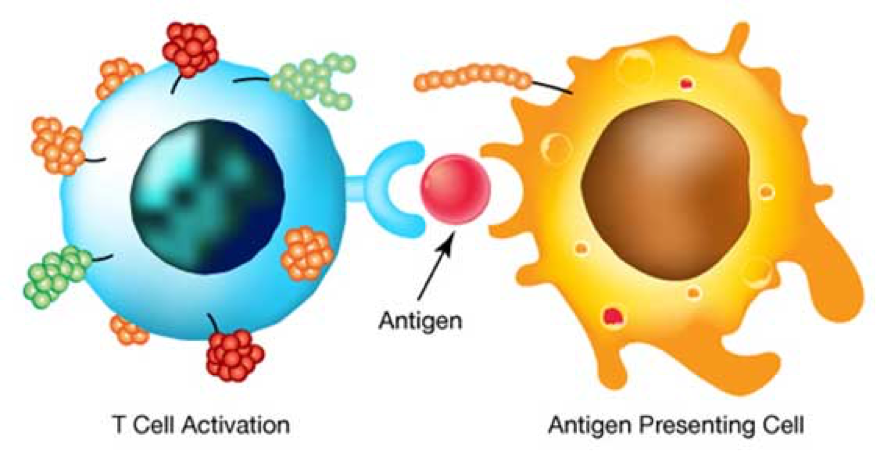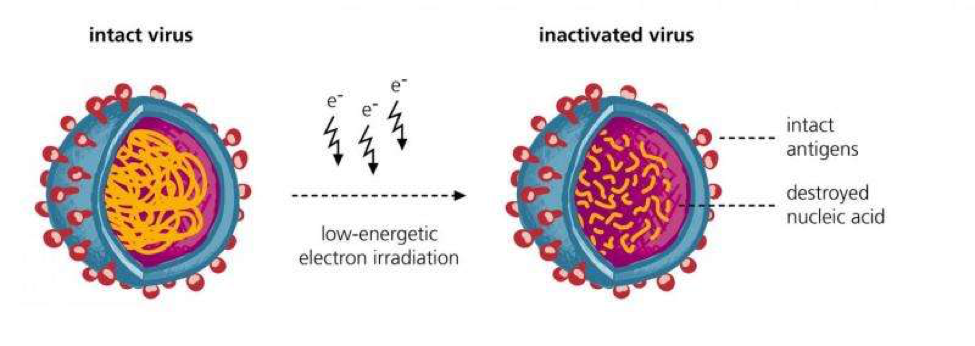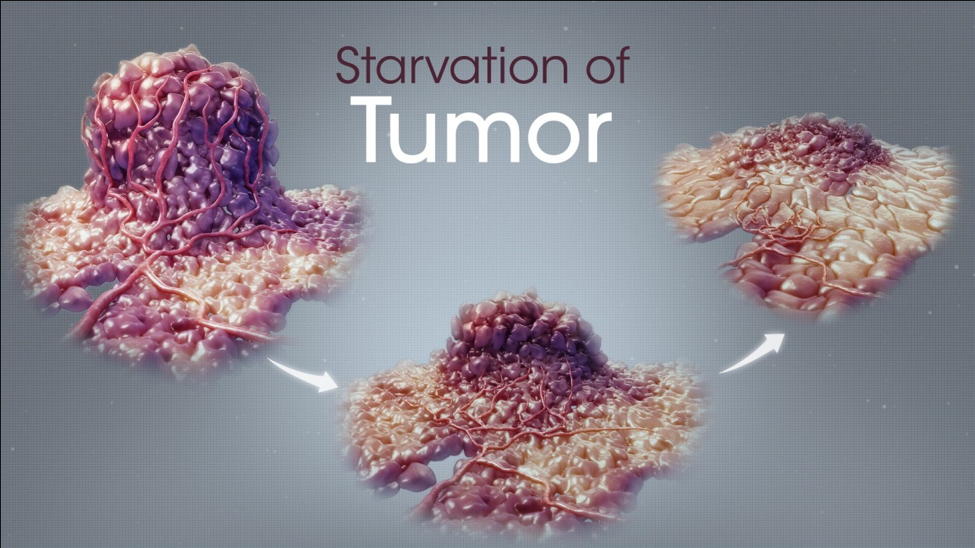Will Cancer Be Cured By 2020?
After cardiac diseases, cancer is the second most leading cause of death worldwide. According to WHO, 20% of deaths are down to cancer while in 2018, there were 18 million new cases, along with 9.6 million deaths were reported. Although the number of surveillance within five years after the diagnosis of cancer is 43 million. In the US alone, 1,688,780 new cases and 600,920 cancer-related deaths were reported in 2017 by National Cancer Institute (NCI).
Researchers have conducted meticulous studies to discover new ways to cure this deadly disease. Currently, the most effective treatment options are radiotherapy, chemotherapy, surgery, and hormonal therapy. But the concern is; how close are experts are in finding more effective treatment options for cancer? Many innovative therapies are beginning to pick up steam to defeat the battle against cancer and ideally having fewer side effects than available options.
Cancer is not just a game of winners and losers [1], these innovations are aimed to address the issues of aggressive treatment, recurrence, irreversible side effects that healthcare providers and patients both face. Below are some updates on the most advanced cancer research breakthroughs that have given us hope for better therapies and prevention methods with less harm.
1. Immunotherapy
Immunotherapy aims to reinforce existing arsenals in our body to fight against cancer cells. Some types of cancers have the characteristic of duping our immune system. However, with the help of in vivo and in vitro experiments, researchers are exploring new ways to deactivate the protective system of cancer cells.

According to Nature Immunology, macrophages that usually eat up harmful foreign bodies and cellular debris fail to obliterate highly aggressive cancer cells. The reason behind this is the macrophages read out two different signals from cancer cells that are meant to rep-el them for cleaning mechanism. Hence, by blocking the dual signaling pathway, researchers can make white blood cells unable to perform their action.
2. Therapeutic virus vaccines
Innovative virus vaccines are proven to be a surprising weapon to fight against cancer. In the UK, a team of scientists has succeeded to use reovirus against brain cancer cells [2] while not harming healthy cells. It can pass the blood-brain barrier hence opens up the possibilities towards betterment.

Another milestone is the discovery of dendritic vaccines, in which they are extracted from a person’s body and armed with tumor-specific antigens that make them hunt and smash the cancer cells. Then the dose is injected back to the patient’s body to boost the therapy. Some concerns raise as it may have some pitfalls of damaging healthy tissues.
To address this, researchers from North Carolina have developed a bio-responsive scaffold system to hold on both chemotherapy and immunotherapy with better control on targeting tumor.
3. Nanoparticle revolution
Stakeholders believe that nanoparticles can be a game-changer in the treatment of cancer. They are précised and are less invasive to target specific cells without harming the surrounding environment. They can be used to give hyperthermic treatment to make tumors shrink.

Researchers are working on self-regulating nanoparticles to target undifferentiated carcinoma cells without damaging healthy tissues. They can be used to target stem cells to treat the resilience of cancers. They can even be loaded with drugs to prevent recurrence of degenerative diseases [3] and can be beneficial in the treatment of invasive carcinomas such as endometrial and breast cancers.
4. Starvation strategy for tumors
Starving cancer cells to death is a novel method to kill them. There are many studies onboard that prove multiple ways of cutting off cancer cells nutritional supplies. One effective way is to stop the glutamine supply. It will maximize the oxidative stress and induce cell death. Moreover, blocking the supply of vitamin B2 can halter cancer stem cells. Therefore the strategy can help to avoid the toxic effects of chemotherapeutic agents.

5. Epigenetics
This refers to the alteration of gene expression to dominate the representative action to affect cells at a biological level. Recent advancements have shown that cancer cells can harbor epigenetic modifications [4] to promote progression and eradication of carcinoma.

Scientists have to channelize the potential without triggering Huntington’s disease, and this is the biggest challenge and concern for them that makes them more hopeful. The knowledge can be utilized to treat stubborn tumors and progress enzyme inhibitors for better success rates.
In a nutshell
Shawn Brad, Research content writer at King Essay [5] believes that researches have given us innovate safe ways to cure cancers and studies are running at a good pace; however, curing every type of cancer is definitely a matter of time. Promising studies immensely give us hope on some technological terms for upcoming years.
It is difficult to say that a single approach is going to work for a variety of needs, while much advanced emerging ways can be useful in treatments. Hence, there are optimistic efforts, that make us claim that cancer can be eradicated quickly, and further depth in knowledge can give us more targeted and précised tools to turn the tables.
Resource Links:
[1] Cancer is not just a game of winners and losers
[2] reovirus against brain cancer cells
[3] prevent recurrence of degenerative diseases
[4] harbor epigenetic modifications
[5] King Essay
To stay up to date on the latest cancer information and resources, sign up today!










